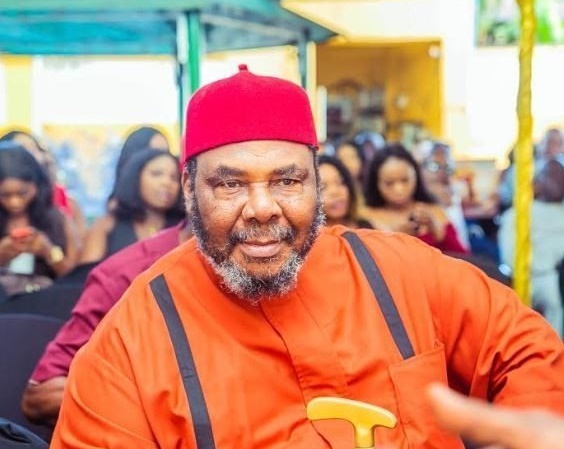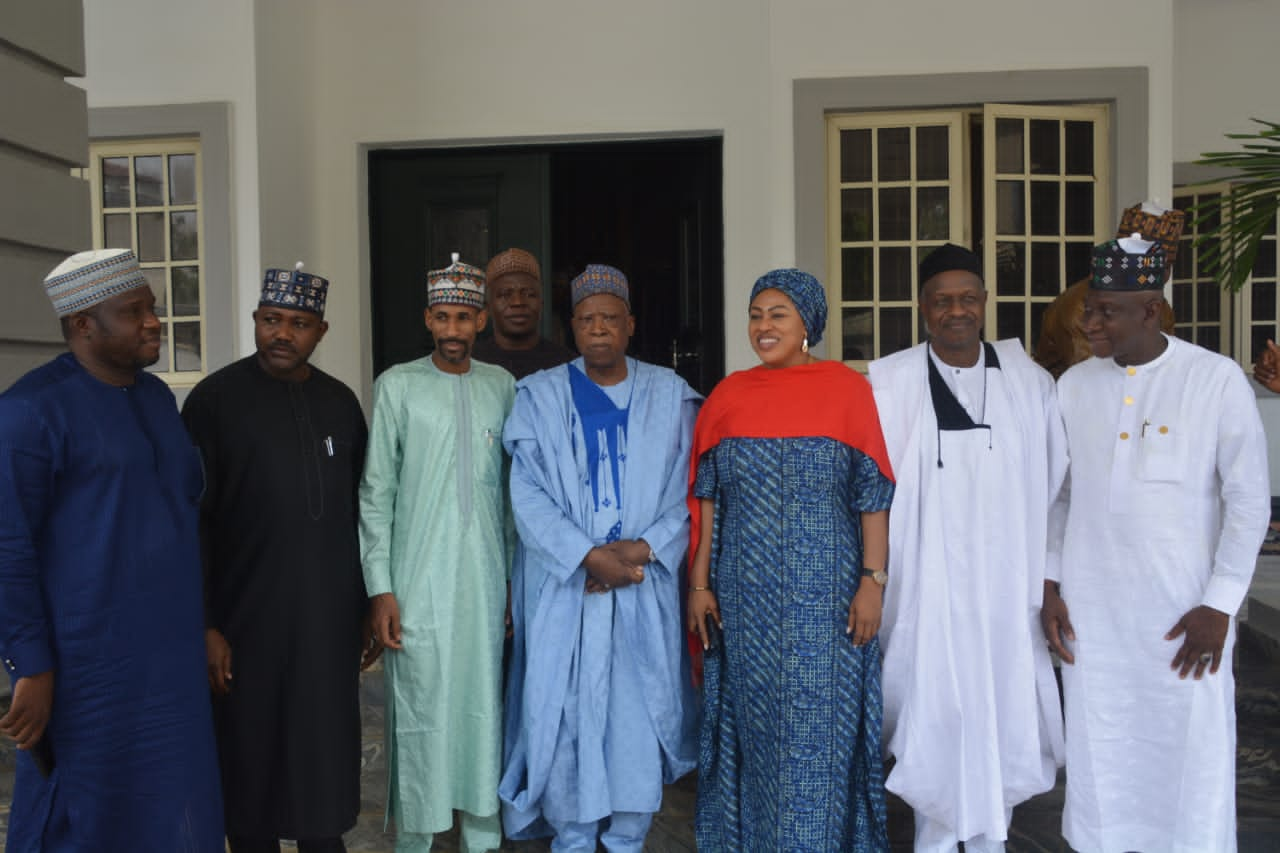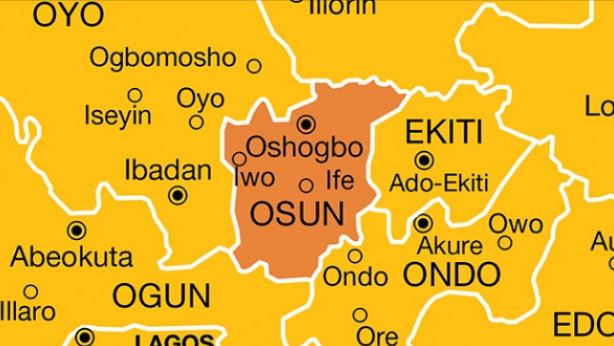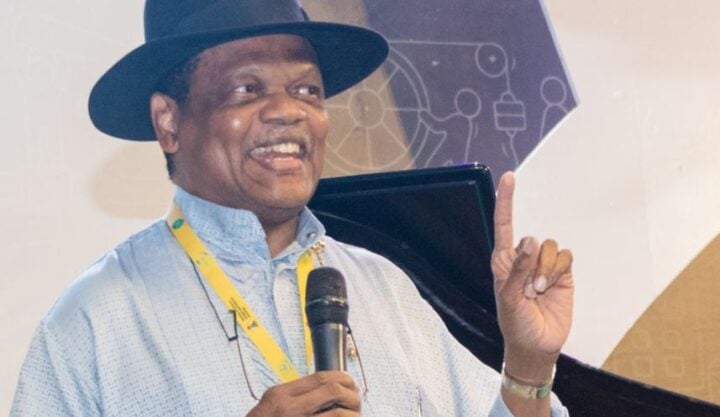A federal high court in Abuja has restrained the national assembly from taking any further step regarding section 84 (12) of the newly amended electoral act.
Inyang Ekwo, the presiding judge, gave the order on Monday while delivering ruling in an ex parte application brought by the Peoples Democratic Party (PDP), challenging the legality of the national assembly to amend a bill already signed into law by the president.
President Muhammadu Buhari had assented to the electoral act amendment bill on February 25.
He, however, asked the national assembly to delete section 84 (12) of the act, which reads: “No political appointee at any level shall be a voting delegate or be voted for at the convention or congress of any political party for the purpose of the nomination of candidates for any election.”
Advertisement
This means political appointees in the current administration, who are interested in contesting the 2023 elections, will have to resign by June 2022.
Consequently, the PDP filed a suit against Buhari before the court over his request for amendment of the act.
After listening to submissions from Ogwu Onoja, counsel to the PDP, the court granted the prayers on the grounds that the application is meritorious.
Advertisement
Ekwo barred the defendants from taking further actions in relation to the president’s request to delete section 84 (12), pending the hearing and determination of the substantive suit.
The judge also directed the applicant to serve the order as well as the process on all the defendants, and fixed March 21 for hearing of the substantive suit.
The attorney-general of the federation (AGF), senate president, speaker of the house of representatives, clerk of the national assembly, senate leader, house of representatives leader and Independent National Electoral Commission (INEC) were all joined as defendants in the suit.
Others include deputy senate president, deputy speaker of the house of representatives, deputy senate leader and deputy house of representatives leader.
Advertisement
In the main suit marked: FHC/ABJ/ CS/247/2022, the plaintiff wants the court to declare that Buhari’s power regarding law making is limited to assenting to a bill of the national assembly or withholding assent, and does not extend to giving conditional assent.
The PDP further wants the court to hold that section 84 (12) is constitutional and is to be enforced by INEC.
They prayed for a declaration that section 84 (12) is not inconsistent with sections 40 and 42 of the constitution and “does not offend constitutional provisions on disqualification of a person from election to office”.
The PDP accordingly asked the court for an order of mandatory injunction compelling INEC to immediately give effect to the Electoral Act, including the said section 84 (12).
Advertisement
They also prayed the court for an order of injunction restraining the defendants from treating section 84 (12) as unconstitutional or in any manner denying it its efficacy or altering it on the grounds that it is unconstitutional.
PDP also prayed for another order of injunction “restraining the 3rd to 12th defendants from implementing the president’s directive”.
Advertisement
Add a comment






